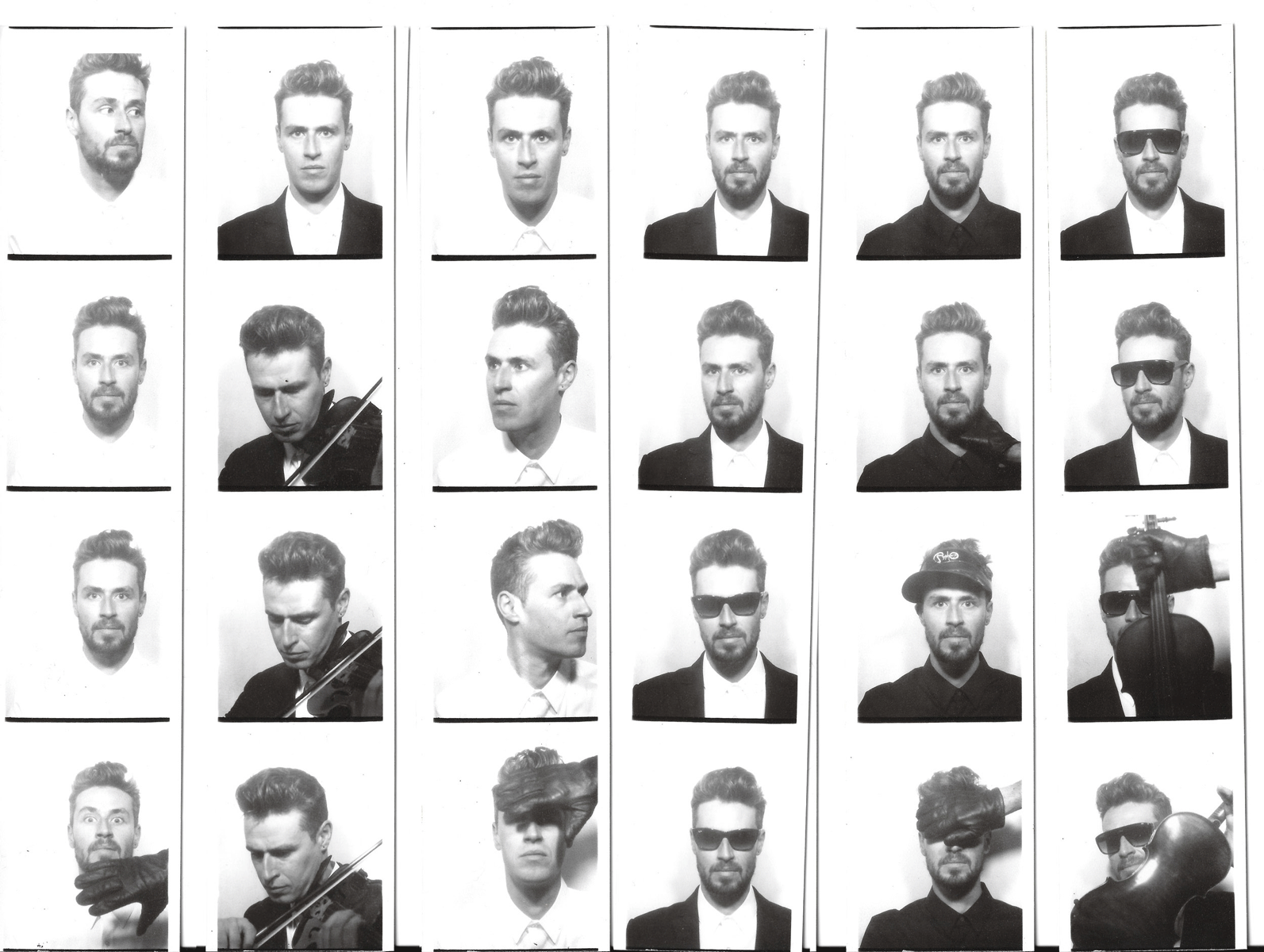Review: To Boldly Go Beyond the Limits of Sacred Music
The New York Times | By Steve Smith
Spirituality is in the eye of the beholder and, perhaps as important, in the ear: a truism embraced by the White Light Festival at Lincoln Center. But whereas many of the events included in the series have featured performances of explicitly sacred works, “Credo,” a concert presented at the Church of St. Paul the Apostle near Lincoln Center on Monday night, stood as a bold departure. At the heart of this event were new compositions by members of Sigur Ros, an Icelandic alternative-rock band not known for espousing any particular creed.
That this group has gained entry into the fringes of the contemporary-classical world should surprise only those who haven’t encountered its music. In its gauzy textures, pixie-dust orchestrations and songs that swell from whisper to roar and back, Sigur Ros has in its own way common cause with Minimalist composers like Arvo Pärt and Gavin Bryars. Abetted by the penetrating falsetto singing of Jon Thor Birgisson (known as Jonsi), the group conjures luminous intensity with a childlike grace, evoking for its admirers a contemplative bliss that can verge on the mystical.
In “Credo” — produced by Lincoln Center in conjunction with Wordless Music, an influential series devoted to musicians who flout boundaries in search of the transcendent — Mr. Birgisson and his Sigur Ros bandmate, the multi-instrumentalist Kjartan Sveinsson, offered music that aspired to ecstatic peaks. That Mr. Sveinsson’s “Cage a Swallow Can’t You but You Can’t Swallow a Cage” was entrusted to the Hilliard Ensemble, the English a cappella consort, spoke to the seriousness of this enterprise, which drew a capacity audience and reached even more listeners through a live stream on the Internet station Q2.
Performing an evocative text by Anne Carson as randomized by Robert Currie, the Hilliard countertenor David James dipped and curled in melodic lines suspended above chord sequences that floated like sun-warmed clouds. Unfortunately, the Hilliard singers, unamplified and distant, were engulfed by the sanctuary’s sonorous acoustics, making it impossible to discern the texts in Mr. Sveinsson’s piece and in “In Hydraulis,” the complex Busnois motet that preceded it. (For Sigur Ros partisans, it may not have mattered: most of the group’s songs are performed in Icelandic or a made-up language.)
Similarly difficult to discern, the text of Mr. Sveinsson’s “Credo” amounted to a random string of Latin words representing things he believes in, according to the program notes. (No printed text was provided.) Just over 20 minutes long, the piece offered another placid sequence of stepwise chords, with resolution repeatedly thwarted in favor of sustained reverie. The Latvian National Choir sang beautifully over diaphanous accompaniment from the Wordless Music Orchestra, conducted by Jeffrey Milarsky and tastefully amplified.
After intermission, Mr. Birgisson and his partner, Alex Somers, offered the first live performance of music from their 2009 album, “Riceboy Sleeps.” Mr. Birgisson and Mr. Somers created the album’s ravishing, mostly instrumental music by digitally manipulating the sounds of acoustic instruments. Here the process was partly reversed: superbly wrought orchestral arrangements by David Handler meshed with electronics cued by a sound engineer, Richie Clarke.
Planted at the middle of the orchestra, Mr. Birgisson and Mr. Somers alternated on electric guitar and keyboards. When Mr. Birgisson added his signature coo to the choir’s glorious sound as spotlights beamed down from on high and a smoke machine billowed what might have been a censer’s fog, a sensation of intense spirituality was inescapable.
A version of this review appears in print on November 17, 2010, on Page C1 of the New York edition with the headline: To Boldly Go Beyond the Limits Of Sacred Music and available online here.


